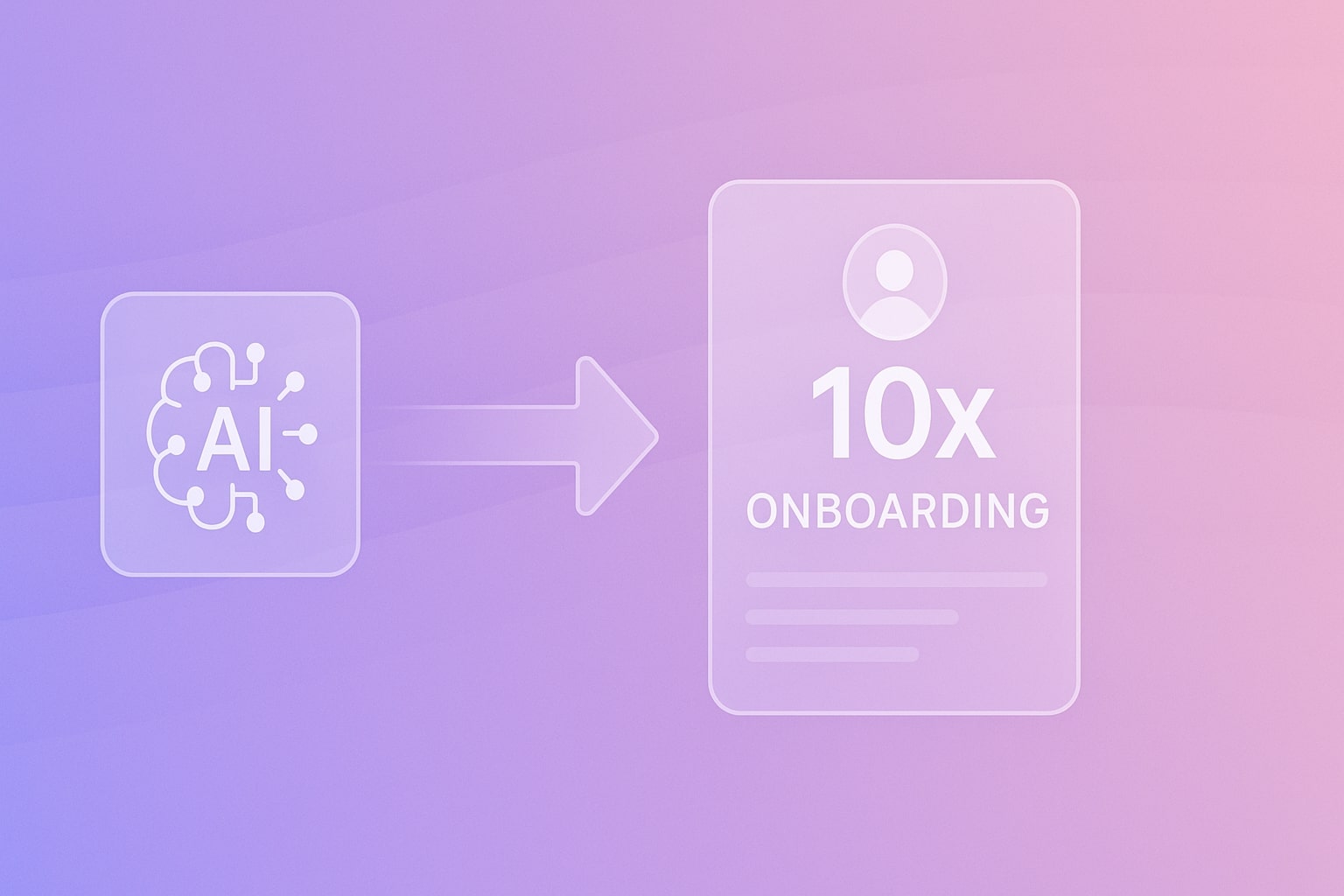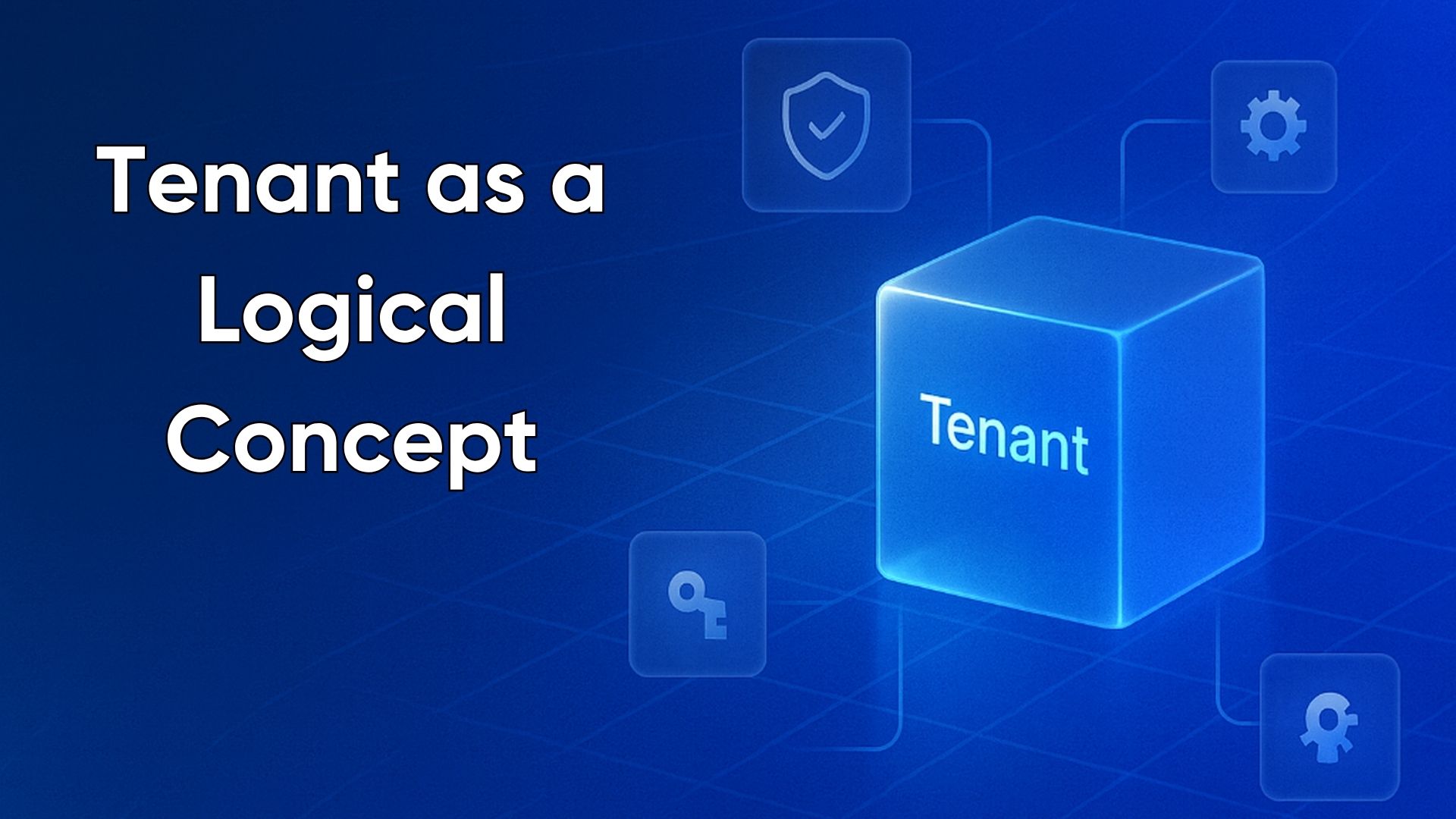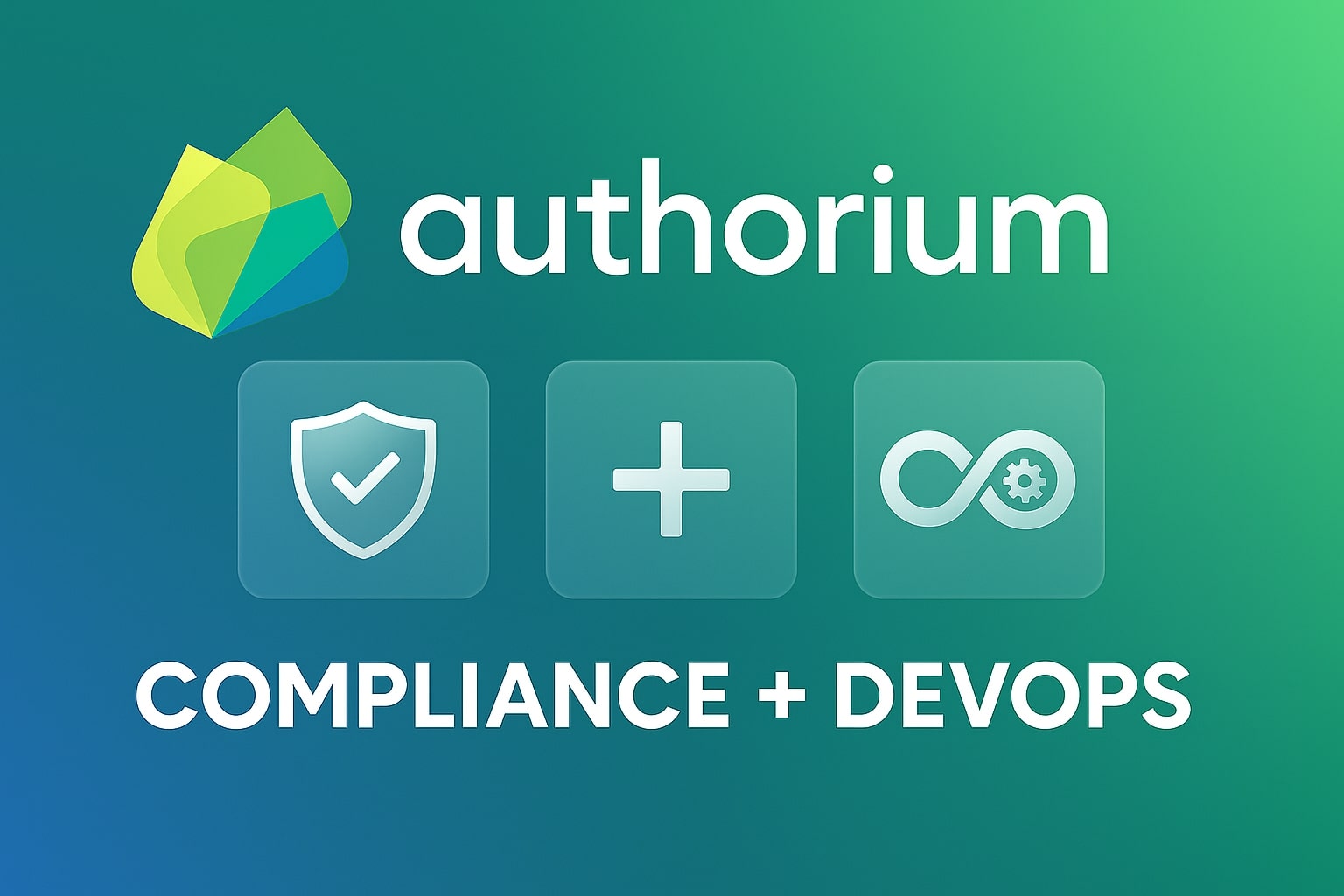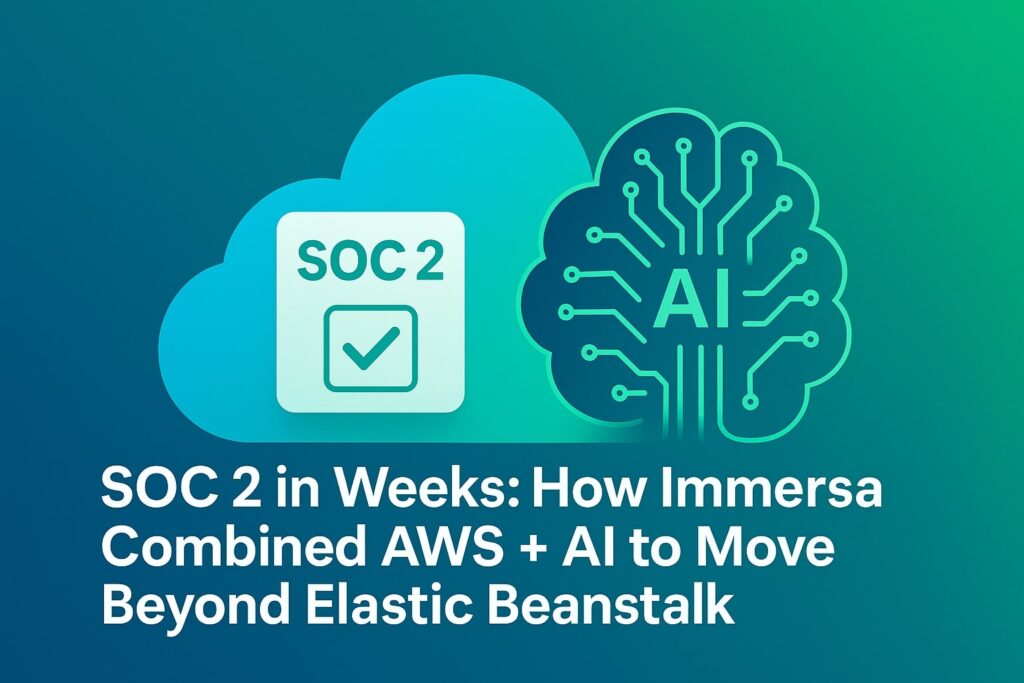Quick Listen:
In the ever-evolving world of software development, methodologies and frameworks to address the challenges of scalability, security, and speed are constantly refined. Among these, DevOps and DevSecOps have emerged as two key approaches that streamline development workflows. But while they share similarities, they are fundamentally different in their approach to integrating security into the development lifecycle.
In this article, we'll explore the distinctions between DevOps and DevSecOps, highlight the key differences, and explain why security should be a priority in modern software development. By the end of this article, you will have a deeper understanding of how both DevOps and DevSecOps improve software delivery, the benefits they offer, and how DevSecOps can provide added security while enhancing collaboration and automation.
What is DevOps?
At its core, DevOps is a software development methodology that focuses on integrating software development (Dev) and IT operations (Ops). The goal is to shorten the development lifecycle while delivering high-quality software continuously. DevOps promotes collaboration between developers and operations teams to foster a culture of shared responsibility, accountability, and communication.
The primary components of DevOps include:
- Collaboration and Communication: DevOps breaks down silos between development, operations, and other departments. This leads to improved communication and better alignment between teams.
- Automation: One of the main pillars of DevOps is automation. By automating repetitive tasks like code integration, testing, and deployment, teams can increase efficiency and reduce human error.
- Continuous Integration/Continuous Deployment (CI/CD): Continuous integration and continuous deployment practices allow development teams to integrate code into a shared repository and deploy changes to production frequently. This ensures faster feedback loops as well as quicker delivery of features.
- Monitoring and Feedback: In a DevOps environment, real-time monitoring of systems is essential because it helps teams understand the software's performance and quickly address any issues that arise.
What is DevSecOps?
DevSecOps takes the foundation of DevOps and integrates security into every phase of the development lifecycle. Rather than treating security as an afterthought or a separate concern handled by a dedicated security team, DevSecOps emphasizes building secure applications from the outset. Security is embedded within the DevOps workflow and is everyone's responsibility, not just the security team.
Key principles of DevSecOps include:
- Security as Code: Security measures and policies are automated and integrated into the CI/CD pipeline, so security tests and controls are executed automatically at every stage of the development process.
- Shifting Left: In DevSecOps, security is "shifted left," meaning that security activities such as vulnerability assessments and code reviews are introduced earlier in the development cycle. This prevents the discovery of security flaws only after deployment, which can be costly and time-consuming to fix.
- Collaboration with Security Teams: In a DevSecOps environment, developers, operations staff, and security experts work together to address security vulnerabilities proactively. This ensures security practices are part of the software's development process, rather than an afterthought.
- Continuous Monitoring and Threat Intelligence: DevSecOps relies on continuous security monitoring and threat intelligence to detect vulnerabilities in real-time. This ensures that software is protected from emerging threats and exploits as soon as they are discovered.
Key Differences Between DevOps and DevSecOps
Both DevOps and DevSecOps aim to improve software delivery through collaboration, automation, and continuous feedback, but the core difference lies in their treatment of security.
1. Security Focus:
- DevOps places less emphasis on security during the development cycle, although security may still be addressed as part of the overall operational procedures.
- DevSecOps, on the other hand, emphasizes security as an integral part of the software development lifecycle. Security is embedded into each stage of the development process, ensuring that potential vulnerabilities are addressed proactively.
2. Involvement of Security Teams:
- In DevOps, security is typically a separate function handled by a distinct security team. Developers may consult with security teams at certain points, but security is often viewed as a post-development concern.
- DevSecOps fosters collaboration between development, operations, and security teams from the very beginning. Security experts work alongside developers throughout the entire process, ensuring security is built into the product from the ground up.
3. Automation of Security:
- In DevOps, automation focuses primarily on development and operations tasks like code testing, integration, and deployment. Security automation may be implemented at later stages but isn't always a priority.
- DevSecOps automates security processes such as vulnerability scanning, security testing, and policy enforcement. Security tools are integrated into the CI/CD pipeline, ensuring that security vulnerabilities are caught early in the development process.
4. Approach to Risk Management:
- DevOps aims to manage risk by improving the speed and reliability of software delivery, but risk management may not always prioritize security concerns.
- DevSecOps takes a more holistic approach to risk management by addressing security risks at every stage. This proactive approach ensures that security issues are minimized or eliminated early on, as a result reducing the likelihood of breaches or vulnerabilities post-deployment.
5. Compliance and Regulations:
- DevOps often focuses on faster delivery and operational efficiency, while compliance with security regulations may be secondary.
- DevSecOps integrates compliance into the development process. It ensures that security controls meet regulatory requirements such as GDPR, HIPAA, and PCI DSS, and it does so with minimal impact on the speed of delivery.
Benefits of DevOps
DevOps has proven to be a highly effective methodology for many organizations, as it offering several key benefits:
- Faster Time to Market: By automating manual tasks, DevOps accelerates the development process, enabling faster feature releases and updates.
- Improved Collaboration: DevOps fosters better communication and collaboration between development and operations teams, leading to fewer misunderstandings and more efficient workflows.
- Higher Quality Software: Continuous integration and testing lead to better quality code. Automation helps reduce human error, and constant monitoring ensures that issues are identified and addressed quickly.
- Scalability and Flexibility: DevOps allows businesses to scale their operations easily. Automated workflows and cloud technologies make scaling applications more efficient and cost-effective.
Benefits of DevSecOps
DevSecOps builds on the foundations of DevOps, adding security as a core component. The benefits of DevSecOps include:
- Proactive Security: By integrating security into every stage of development, DevSecOps reduces the risk of vulnerabilities slipping through the cracks. This proactive approach helps mitigate threats before they become major issues.
- Faster Identification of Vulnerabilities: Automated security tests integrated into the CI/CD pipeline help identify vulnerabilities early, allowing teams to fix them before they impact production environments.
- Reduced Costs: By addressing security risks early in the development lifecycle, DevSecOps reduces the cost of fixing vulnerabilities after deployment. The earlier a security issue is caught, the less expensive it is to fix.
- Compliance and Security Assurance: DevSecOps makes it easier for organizations to maintain compliance with regulatory requirements by ensuring that security policies are enforced consistently throughout development.
- Collaboration and Ownership of Security: DevSecOps fosters a culture of shared responsibility for security. Developers and operations teams work closely with security experts, resulting in a more comprehensive and well-rounded security approach.
Why DevSecOps is the Future of Secure Software Development
While DevOps has revolutionized software delivery by promoting collaboration, automation, and continuous integration, DevSecOps takes it a step further by making security an integral part of the process. With the growing complexity of cyber threats and the increasing importance of data protection, security must be at the forefront of software development.
DevSecOps not only ensures that security is prioritized, but it also promotes a collaborative culture between developers, operations, and security experts, creating a more resilient, secure, and efficient software development lifecycle. As organizations continue to adopt cloud technologies, microservices, and agile methodologies, integrating security into every phase of development is no longer optional — it's a necessity.
In the dynamic world of software development, adopting DevSecOps can help organizations create secure, reliable, and scalable applications while minimizing risk and addressing vulnerabilities proactively. If you're looking to enhance your software development practices and ensure security from the start, DevSecOps should be at the top of your list.
You may also be interested in: 3 Essential GitHub Repos for DevSecOps in 2024
Eliminate DevOps hiring needs. Deploy secure, compliant infrastructure in days, not months. Accelerate your launch and growth by avoiding tedious infrastructure tasks. Join thousands of Dev teams getting their time back. Leverage DuploCloud DevOps Automation Platform, backed by infrastructure experts to automate and manage DevOps tasks. Drive savings and faster time-to-market with a 30-minute live demo









